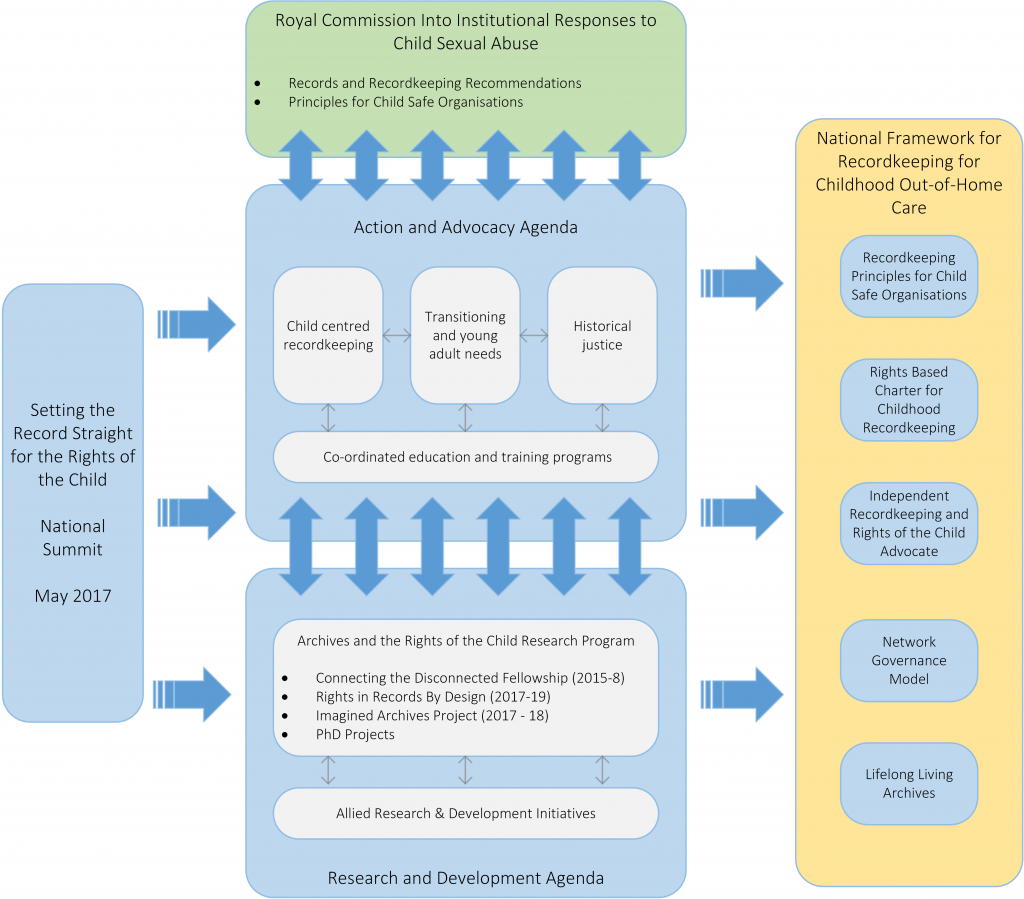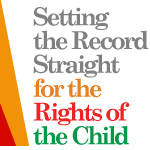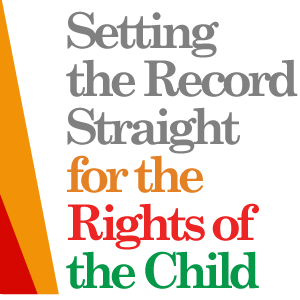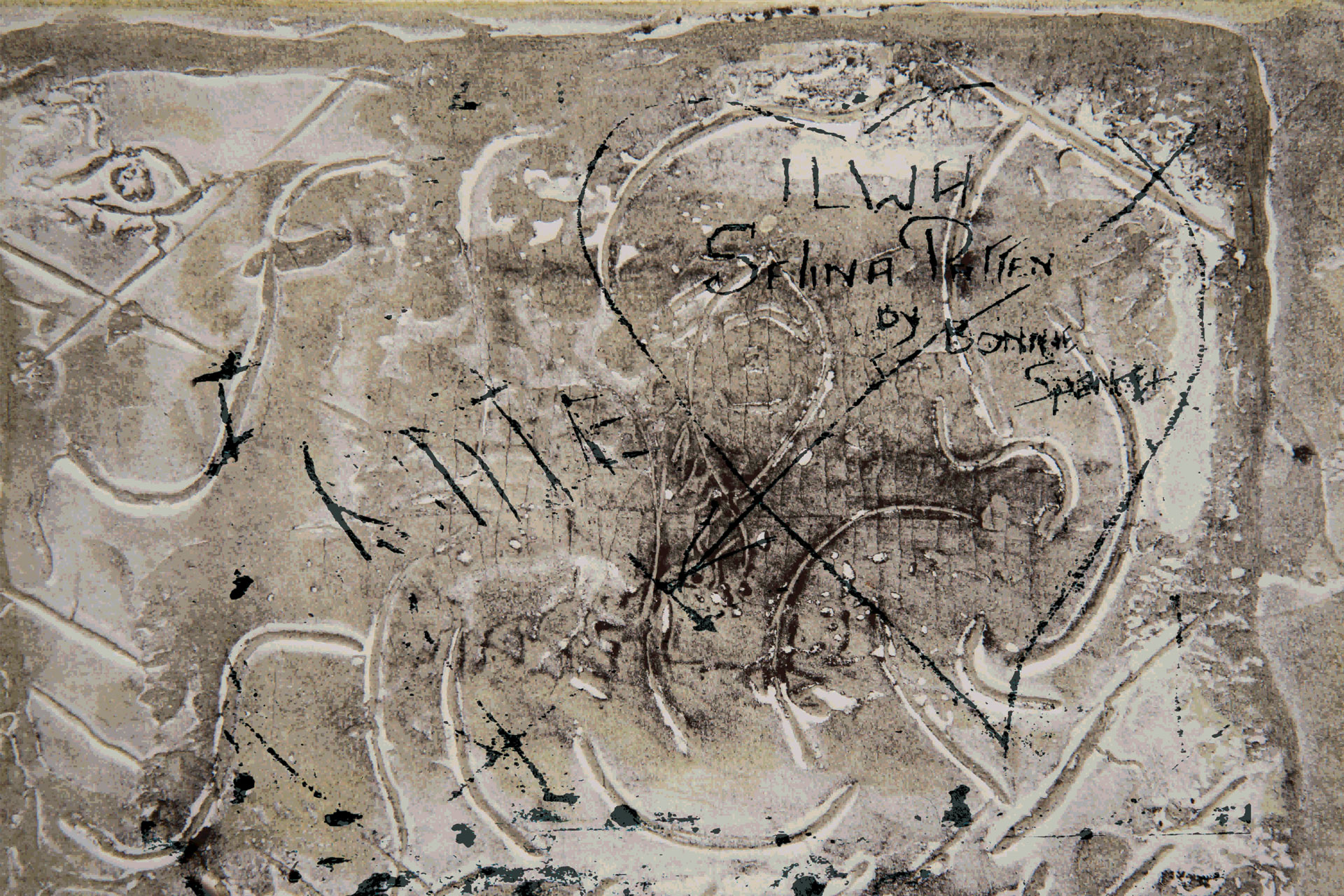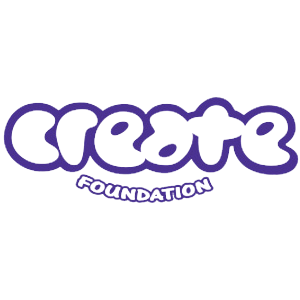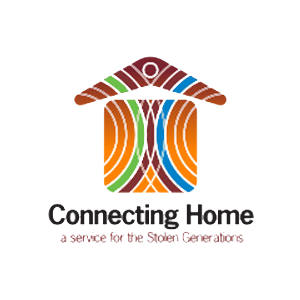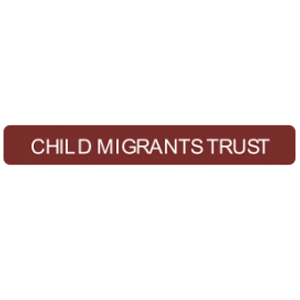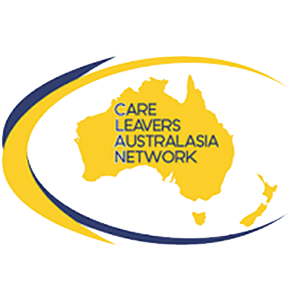What’s the problem?
Recordkeeping and archiving systems are failing to meet the lifelong identity, memory and accountability needs of children who get caught up in child welfare and protection systems.
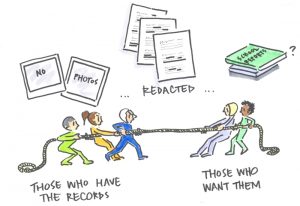
- When those separated from family to grow up in orphanages, children’s Homes and more recent forms of statutory care (kinship, foster and residential care) have turned to records to makes sense of those experiences they have too often found them lacking and unable to answer their questions.
- A host of inquiries have repeatedly demonstrated that past and present recordkeeping and archival infrastructure puts the rights of organisations, institutions and governments ahead of those of children and their adult selves.
- Recordkeeping for those who experience out-of-home care continue to be based on the administrative and reporting needs of organisations and government agencies rather than those of the child and their adult selves.
- The Records and Recordkeeping Consultation Paper from the Royal Commission into Institutional Responses to Child Sexual Abuse joins the long line of inquiry, advocacy and research reports which describe the failings as systemic.
Why does it matter?
Recordkeeping and archiving shortcomings contribute to the vulnerabilities, disadvantage and poorer life outcomes that those who spend time in childhood out-of-home care can experience.
- Childhood records and involvement in their recordkeeping is an important part of developing a sense of self and connection with family, community and culture.
- Current recordkeeping and archival infrastructure excludes children and young people from participation in decision-making about their records and continues that exclusion throughout adulthood.
- Poor quality recordkeeping impacts on the efficiency and effectiveness of decision making in child protection systems and fails to foster transparency and accountability.
- Fractured, dysfunctional, complex and inconsistent archival access frameworks are re-traumatising, and often harm rather than heal.
Frank and Samantha talk about their experiences in locating and accessing their records, 2012. Video created as part of the Who am I? Project, and courtesy of Centre for Excellence in Child and Family Welfare.
In this video the recordkeeping and archiving needs for Aboriginal communities highlighted at the National Summit are discussed.
What do we need to do about it?
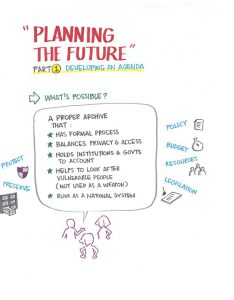
The immediate and lifelong needs of childhood out-of-home care cannot be addressed by incremental changes to existing recordkeeping and archiving infrastructure. These have been built for previous eras of child protection and welfare designed for a different age, different values, different principles, and a different technological paradigm. Fundamental transformations are required.
- We need to re-imagine recordkeeping and archiving frameworks, processes and systems for responsive and accountable child-centred out-of-home care and as better enablers of historical justice and reconciliation.
- We need to re-position recordkeeping and archiving, not as bureaucratic overheads, but as drivers of high-quality, efficient, and effective person-centred child protection and out-of-home care services.
- We need recordkeeping to play its role in empowering, and supporting the accountability and transparency of child-centred services, as well as in identity formation and memory making.
- We need to conceptualise and implement participatory recordkeeping frameworks, processes and systems, modelling archives as negotiated spaces of shared stewardship within complex, dynamic information ecologies.
How to go about doing that?
We have formed the Setting the Record Straight: For the Rights of the Child Initiative to address these issues.
Our Goal
To transform the way records for childhood out-of-home care are created, captured, managed, archived and accessed.
Our Principles
Child-centred
Recordkeeping and archiving respectful of, and response to, the preferences, needs and values of people who experience childhood out-of-home care. Respectful and nurturing rather than bureaucratic and officious.Participatory
Recognising children in out-of-home care and adult Care leavers are participatory agents not passive, captive subjects of the record.Accountable and transparent
Recordkeeping and archiving frameworks, processes and systems which hold themselves to the highest standards of accountability and transparency, respectful of multiple rights in records.Evidence based
Recordkeeping and archiving based on, and supportive of, evidence based decision making and action.Integrated
Records and recordkeeping integrated into processes rather than being a separate paperwork or filing activity.Connected and co-ordinated
Record holding organisations acting as nodes in a network rather than organisational silos.Clever use of information technology
Recordkeeping and archiving systems that make the best use of digital capabilities.Our Approach
We convened a National Summit at Deakin Edge Federation Square in Melbourne on the 8-9 May 2017 to build a community and lay the foundation for developing a long term strategic plan to transform recordkeeping and archival frameworks, policies, processes and systems.
Our Outcomes
Key outcomes include:
- Developing a National Framework for Recordkeeping to complement the National Framework for Protecting Australia’s Children 2009–2020, with similar commitment to three year action plans to guide, monitor and evaluate implementation.
- Designing and implementing the infrastructure to support an Independent Lifelong Living Archive for every child who experiences out-of-home care. A secure, distributed, networked, digital archive populated by children themselves and by their care givers, case workers, teachers, and health professionals. It would support a child’s identity, memory and time in out-of-home care and be accessible throughout his or her life.
- Establishing a Rights Based Charter for Childhood Recordkeeping which recognises the agency of children in relation to recordkeeping, in alignment with the UN Convention on the Rights of the Child, and the emphasis on the active participation of children in the decision making that impacts on their lives in the National Standards for Out-of-Home Care 2011, and governs ongoing records access needs of Care Leavers, Former Child Migrants and Stolen Generations to more consistently, effectively and compassionately deal with the historical legacy of fragmented and distributed archives.
- Advocating for an Independent Recordkeeping and Rights of the Child Body with development, auditing and oversight responsibilities, and to oversee the design and implementation of a national cross-jurisdictional, cross-sectoral legislative and policy framework to promote efficient and accountable recordkeeping and archiving by all agencies involved in child care services.
- Developing a 10 year research, development and action agenda to identify, progress, support, evaluate and monitor transformations.
